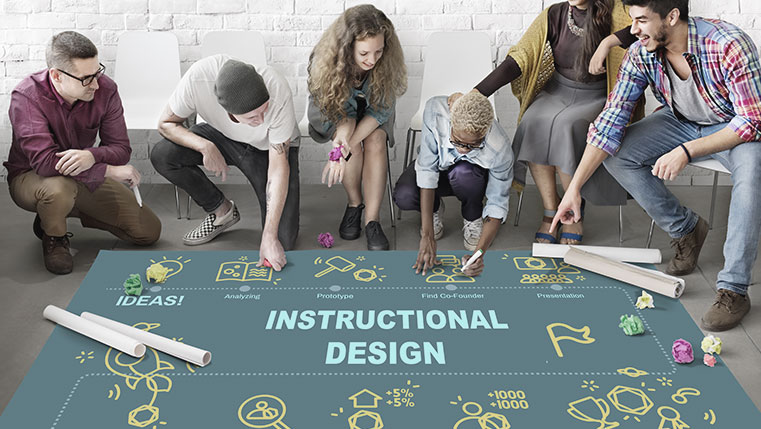Application of 7 Habits in E-learning Project Management

Once I was going through a training session on “7 habits and its effectiveness”, in Commlab India. Then, as a project manager, I realized that these habits are really useful to enhance my project management skills and complete my projects successfully. Also, if you conduct an in-depth analysis of these 7 habits from the point of view of a project manager, you will find that each of these habits is connected to project management. Let us now see how.
Habit 1: Be Proactive
A project manger needs to be proactive. He must have the ability to choose the right response to a stimulus. When there is a sudden change in the project scope, he needs to act proactively. He is the one who is responsible for the consequences of all project-related decisions. He needs to take the right decision at the right time, and a wrong decision might take the project out of project management triangle. He is the leader of the project and needs to take proactive decisions. He has to lead his team in the right direction. The project manager is the “main factor” for the success or failure of the project.
Habit 2: Begin with the End in Mind
Being a project manager, one should be able to visualize the big picture of the assigned project. What will be the end? What does your client want? How should the look and feel of the eLearning course be? At the initial stage of the project, he should have an idea of the deliverables. It will help the project manager to plan for the risks. Once the whole picture is created in advance, he will be able to find out what can go wrong. This will help him create an action plan to mitigate those risks.
Habit 3: Put First Things First
A project manager might be handling multiple projects, and all projects might not require the same amount of involvement at the same time. There may be some milestones where the project manager’s role is negligible. Some projects may have very tight deadlines and he may have to supervise these projects closely. He might also handle projects that need to completed before others. Therefore, he needs to prioritize his tasks based on their importance. He needs to prepare a to-do list, according to the priorities. If this is not done, the “important but not urgent” tasks will become “important and urgent” tasks. This will create chaos.
Habit 4: Think Win/Win
The project manager should take care of his resources. He and his stakeholders (internal as well as external) must be in a win-win position at the end. During the project, there could be some conflicts with the stakeholders. You need to provide an effective resolution that is acceptable to all. There may be some “out of the scope” (new) requirements from the client which may lead to time and cost overruns, and the project manager needs to take a win-win decision in such cases.
Habit 5: Seek First to Understand, Then to Be Understood
First try to understand and then share your thoughts. Generally, people don’t listen to understand, they listen to reply. Understanding the client requirements “in-depth” goes a long way in avoiding rework and ensures successful completion of the project. One should avoid premature evaluations. To assess stakeholders, the project manager needs to understand them first. You need to remember that all resources may not have the same amount of knowledge, and you need to understand their knowledge levels and arrange training if needed.
Habit 6: Synergize
The word synergy is derived from the Greek word synergos, which means working together. Often, we hear people say that they are good team players. But, do they really play the role of a teammate? A project manager is the captain of the team. And, he must be a good teammate. The manager needs to bring out the best out of his team. All teammates may not be perfect in all the tools used in the project, and the project manager needs to pick the people who have the right technical skills to satisfy the client.
Habit 7: Sharpen the Saw
The project manager has to be physically and mentally fit and fine. He needs to renew his energy and protect his health. He needs to sharp his project management skills on a continuous basis. The lesson learnt from previous projects must be implemented in the subsequent projects. We live in a technologically advanced world, and project managers need to upgrade their skills to meet the new requirements. Take time for self-renewal.
Hope you find this blog interesting. How do you manage your projects? We’d love to know.




![An eLearning Trend for 2019: The Convergence of the Classroom and eLearning [Infographic]](https://blog.commlabindia.com/hubfs/Imported_Blog_Media/blended-learning-elearning-trend-infographic.jpg)
